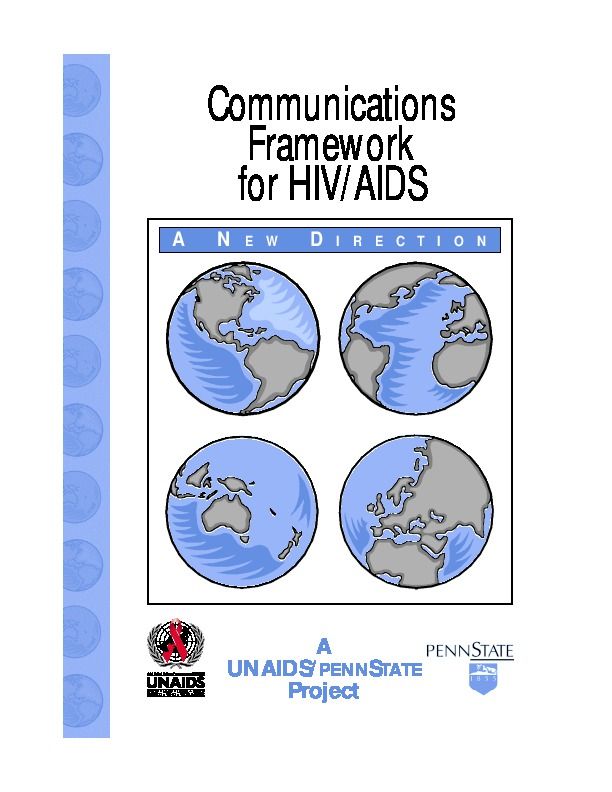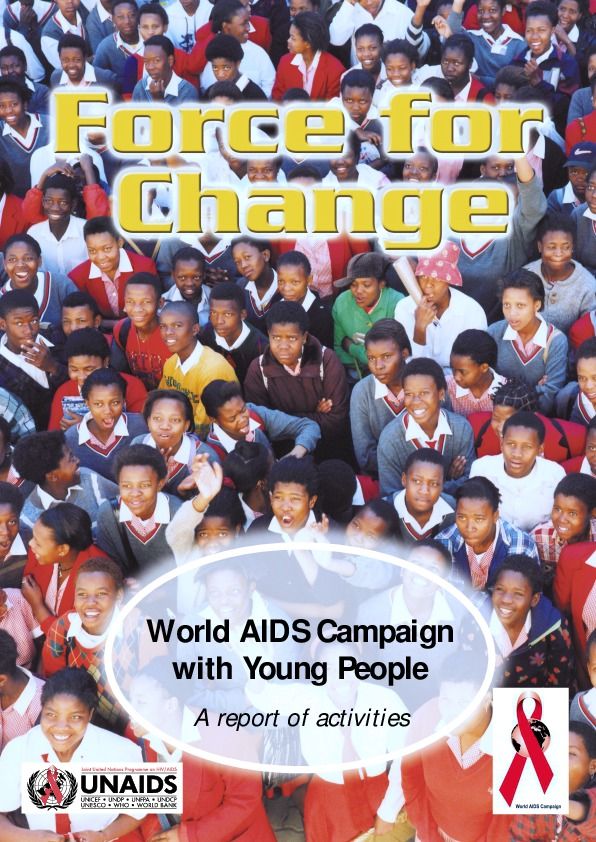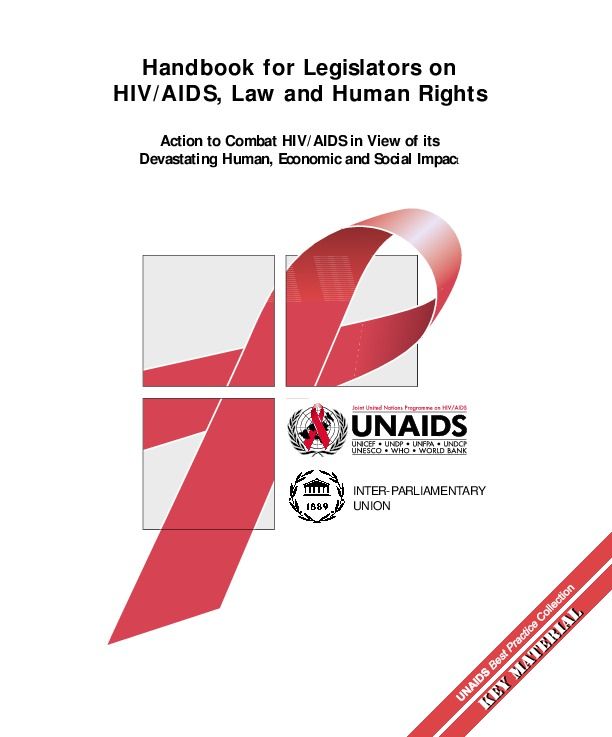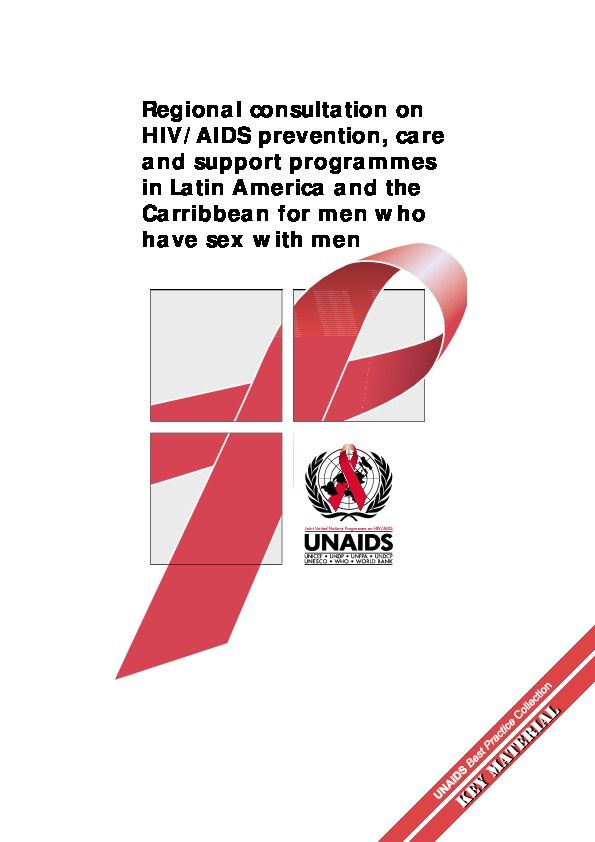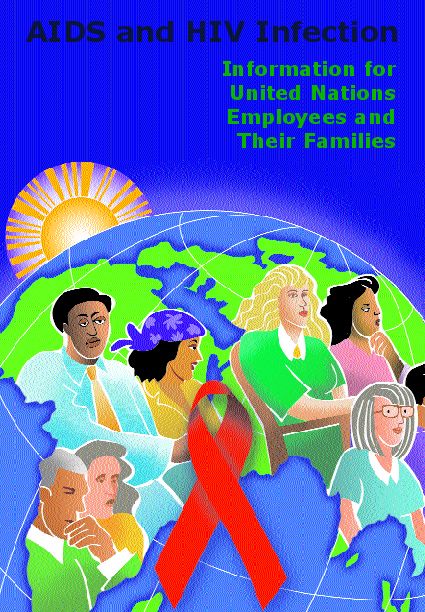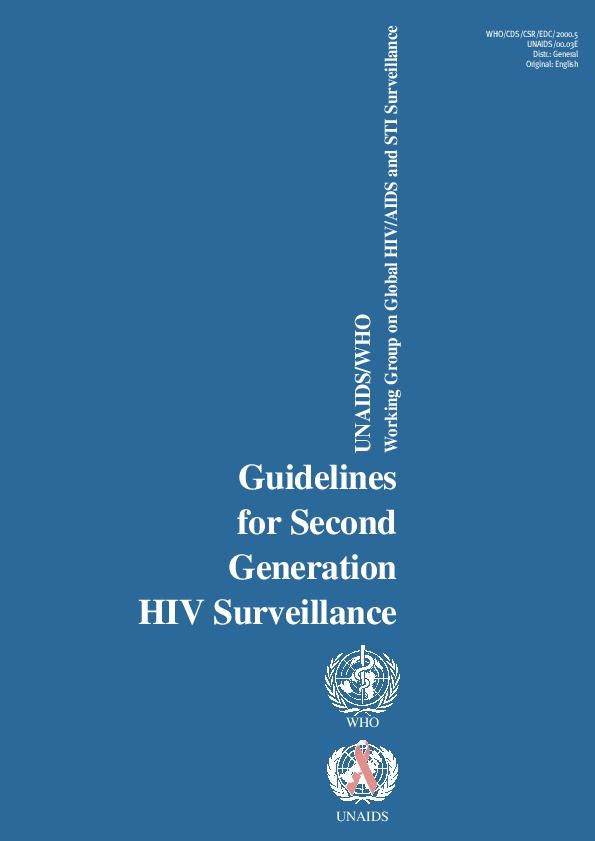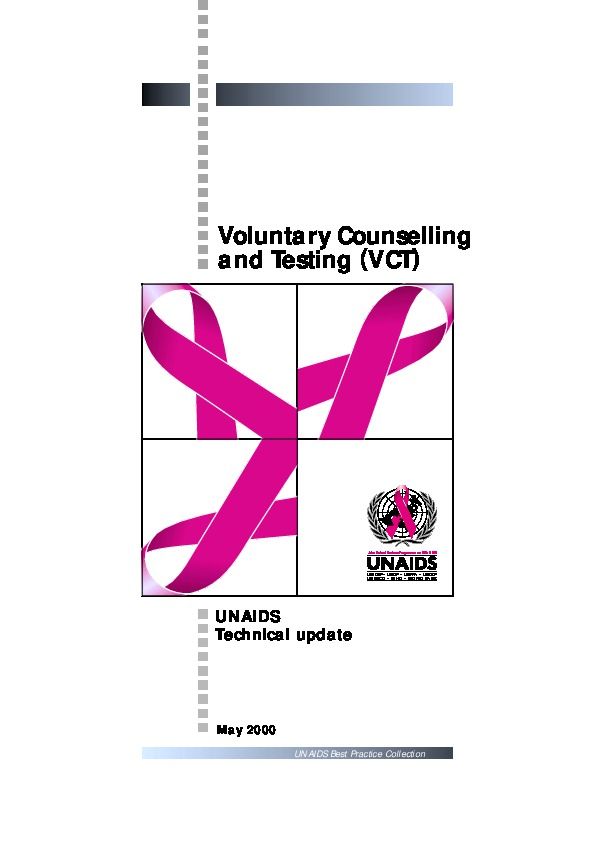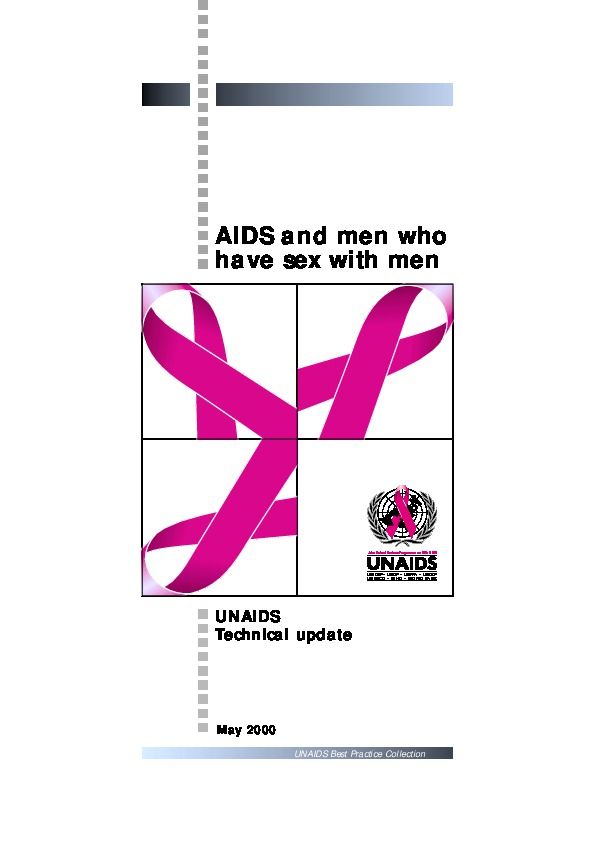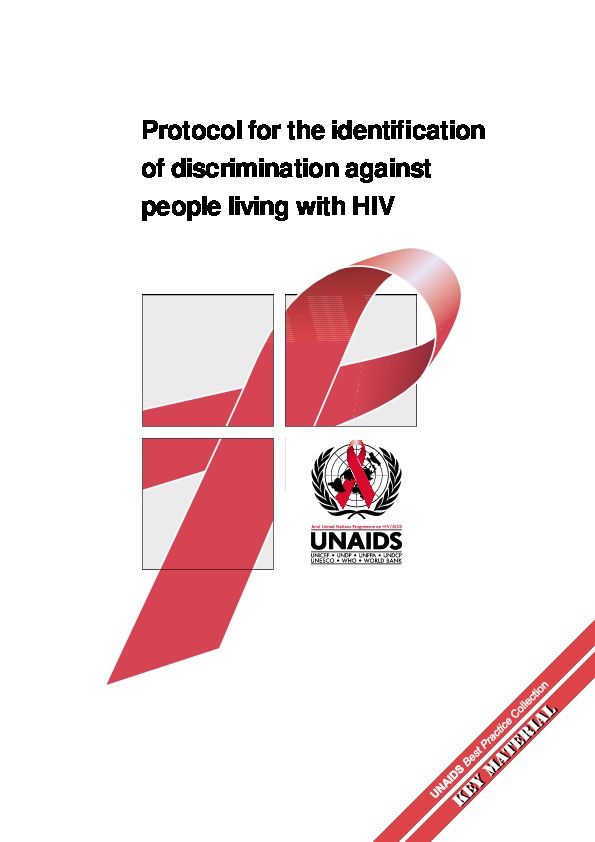Documents
Regional consultation on HIV/AIDS prevention, care and support programmes in Latin America and the Carribbbean for men who have sex with men
30 November 1999
During the three days of the consultation, the 23 participants addressed the following topics: the epidemiological situation in Latin America and the Caribbean, a regional overview of HIV/AIDS prevention, care and support programmes, the policies of national programmes, and four NGO projects. Networking and technical cooperation were also addressed.
Documents
Guidelines for second generation HIV Surveillance
05 May 2000
This document suggests classifying the epidemic into different states—lowlevel, concentrated and generalized—depending on the prevalence of the virus in various population sub-groups. The most efficient mix of data collection for surveillance will depend on the epidemic state in a country. The recommended choice of populations among whom data are collected will vary from epidemic to epidemic; so will the mix of behavioural and bio-medical surveillance.
Documents
Voluntary couselling and testing (VCT)
18 May 2000
HIV voluntary counselling and testing (VCT) has been shown to have a role in both HIV prevention and, for people with HIV infection, as an entry point to care. VCT provides people with an opportunity to learn and accept their HIV serostatus in a confidential environment with counselling and referral for ongoing emotional support and medical care.
Documents
Protocol for the identification of discrimination against people living with HIV
05 June 2000
The Protocol is aimed at National AIDS Programmes, but it is not just for them. It may also be used by others – interested organizations, groups or persons, including those living with or affected by HIV/AIDS – in order to detect arbitrary discrimination. Indeed, a broader range of users will help in making the Protocol a more effective human rights tool.

